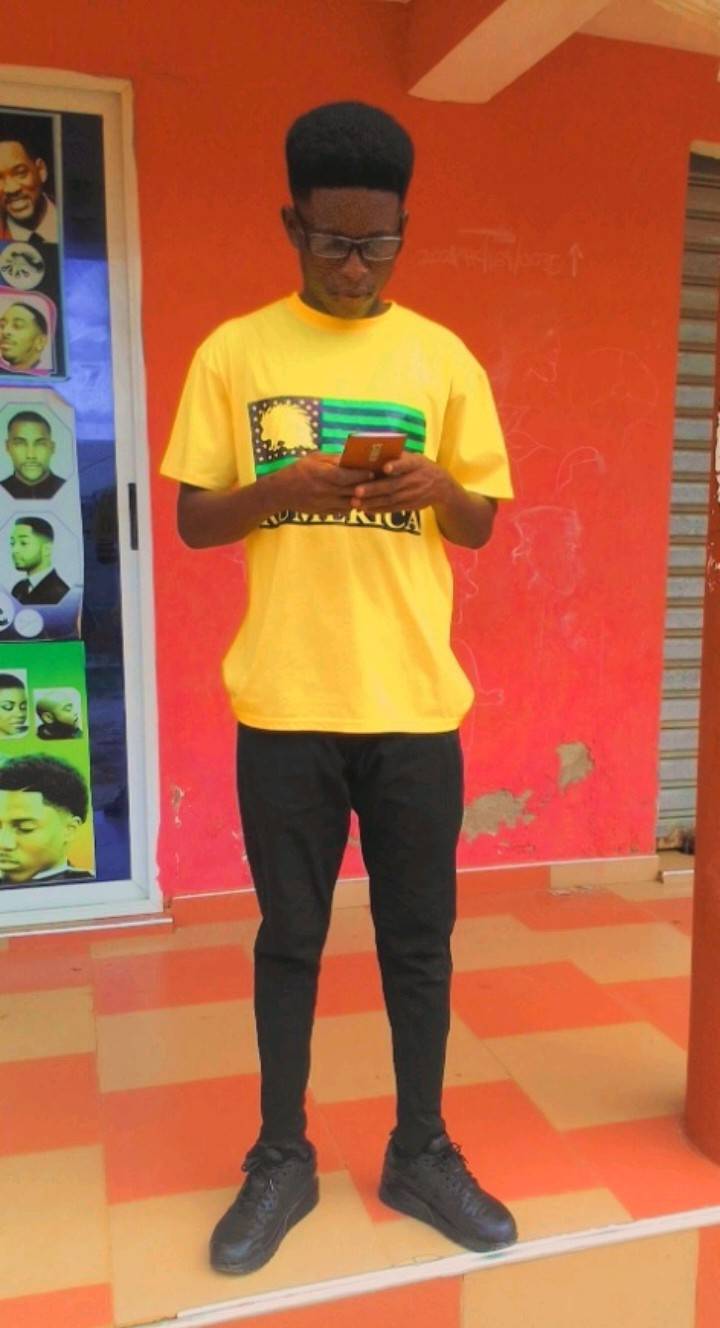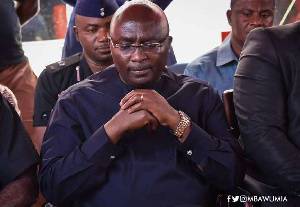Bawumia is a Liar: Examining the Inorganic #Bawuliar Trend and the Alleged Involvement of the NDC Online Army: A Report
Introduction
In the world of politics, social media has become a powerful tool for shaping public opinion and disseminating information. Recently, a hashtag, #Bawuliar, gained traction on various social media platforms, with many posts accusing the Vice President of Ghana, Dr. Mahamudu Bawumia, of dishonesty. However, an investigation into the trend revealed concerns about its authenticity and origin. This report aims to delve into the inorganic nature of the #Bawuliar trend and the alleged involvement of the NDC online army in its propagation.
Understanding the #Bawuliar Trend
The hashtag #Bawuliar emerged on social media seemingly out of nowhere and quickly gained momentum. The posts using the hashtag mostly revolved around accusing Vice President Bawumia of being a "liar," specifically focusing on his statements and promises made during his time in office.
While social media trends are not uncommon, the rapid and coordinated nature of this particular trend raised suspicions among observers, leading to questions about whether it was a genuine grassroots movement or artificially manufactured.
Identifying Inorganic Trends
Inorganic trends refer to social media trends that are artificially boosted or promoted through various means rather than gaining popularity organically from genuine user engagement. In such cases, the underlying motive is often to manipulate public perception and influence opinions on a particular issue or individual.
In the case of #Bawuliar, the trend exhibited characteristics consistent with an inorganic campaign. The sudden spike in the number of posts using the hashtag, the high volume of identical or nearly identical posts, and the absence of credible sources to substantiate the claims all pointed to a potentially orchestrated effort.
The Role of the NDC Online Army
The National Democratic Congress (NDC), a prominent political party in Ghana, has been known to employ an online army, a group of dedicated social media supporters, to advance their messaging and counter opposing narratives. The existence of such online armies is not unique to the NDC, as other political parties and entities around the world have been known to engage in similar practises.
While it is important to note that the NDC has denied direct involvement in creating the #Bawuliar trend, some observers and analysts have pointed to the online army's potential role in amplifying and disseminating the hashtag. The modus operandi of online armies involves coordinated posting, retweeting, and sharing of content to create the illusion of a grassroots movement. In this case, the sudden and synchronised surge of #Bawuliar posts raised suspicions that it might have been a calculated effort.
Media Literacy and Critical Thinking
The emergence of inorganic trends highlights the need for media literacy and critical thinking among social media users. As online platforms continue to play a significant role in shaping public opinion, individuals should be discerning consumers of information. Fact-checking, seeking credible sources, and verifying claims before sharing content can help curb the spread of misinformation and maintain the integrity of public discourse.
Impact on Public Discourse
Inorganic trends can have a profound impact on public discourse and the political landscape. They have the potential to shape public perceptions, influence electoral outcomes, and even impact the reputations of individuals and institutions. When manipulated trends gain traction, genuine issues and debates may get overshadowed, hindering the democratic process and informed decision-making.
Calls for Social Media Platform Accountability
The prevalence of inorganic trends has also brought to the forefront the need for social media platforms to take responsibility for the content that circulates on their platforms. While platforms have implemented measures to detect and remove malicious or misleading content, the issue of inorganic trends remains a complex challenge.
As users become more aware of the potential for manipulation, there are increasing calls for platforms to enhance transparency, improve content moderation, and curb the spread of false or misleading information.
Conclusion
The #Bawuliar trend on social media, accusing Vice President Bawumia of dishonesty, has raised concerns about its authenticity and origin. While social media trends are a natural part of the online landscape, the inorganic nature of some trends, including #Bawuliar, calls for greater vigilance and critical thinking among users. Whether or not the NDC online army was directly involved in propagating the trend, the incident underscores the importance of media literacy and the need for social media platforms to take accountability for the content circulating on their platforms. As political conversations continue to move online, it is crucial to foster an informed and responsible digital citizenry to preserve the integrity of public discourse.




No comments yet
Be the first to share your thoughts!